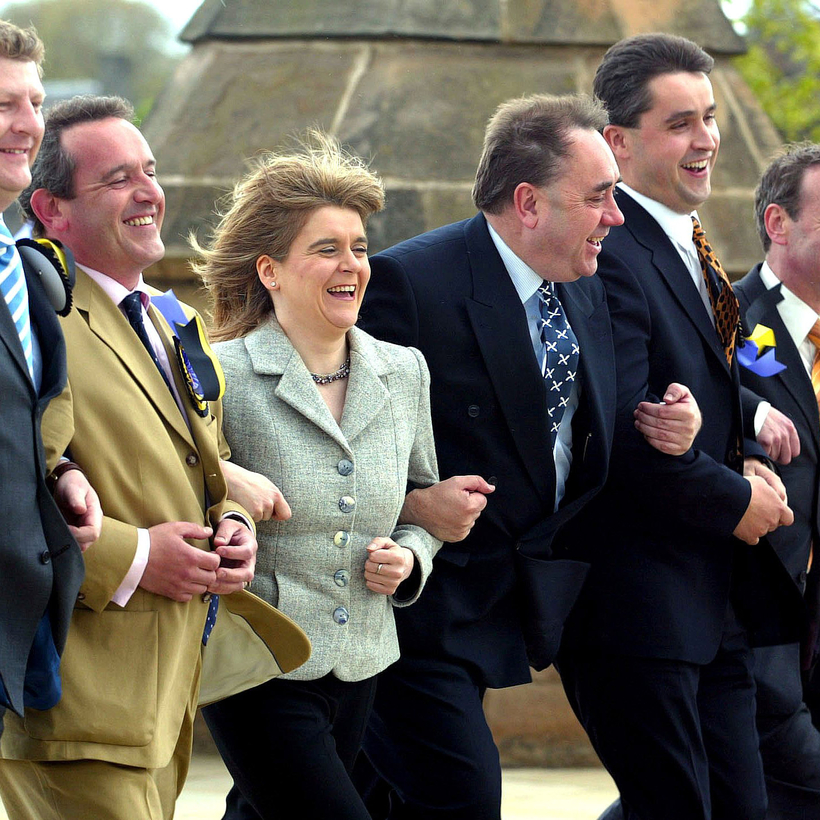Viewed from afar, the battle between Scottish first minister Nicola Sturgeon and her predecessor Alex Salmond might seem like a mildly diverting tiff between two people with amusingly fish-based surnames. But this is no mere scrap. It has become one of the most extraordinary political collisions in living memory. There’s friendship. Betrayal. Fury. Conspiracy. Cover-ups. Sex. Violence. It’s like an episode of Succession, if Succession had the power to influence the future of the United Kingdom.
First, we must introduce the players. The key figures here are Salmond and Sturgeon, two old friends who together took Scotland closer to achieving independence than ever before, and whose falling-out might permanently alter the Scottish political landscape.


